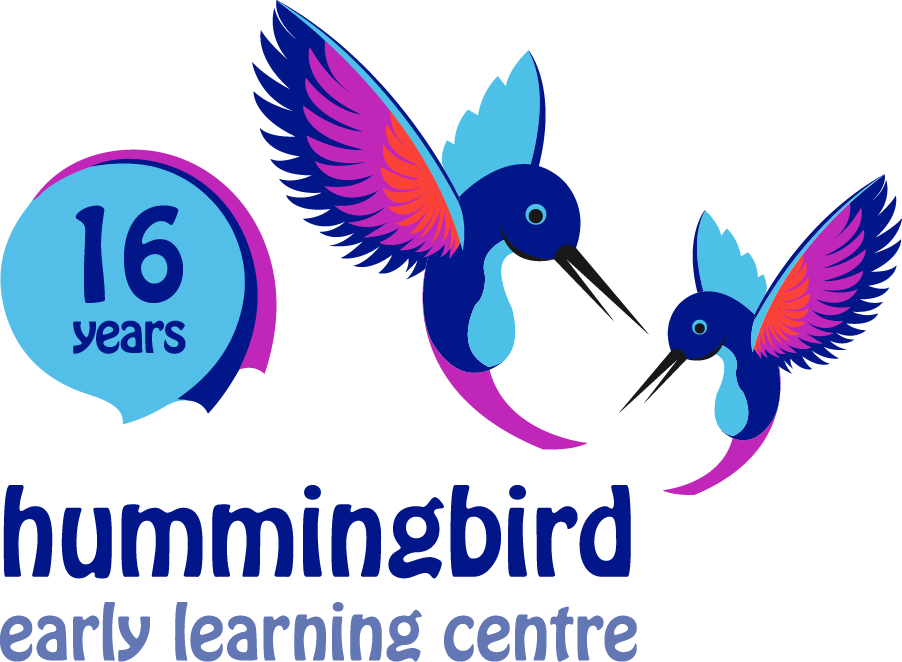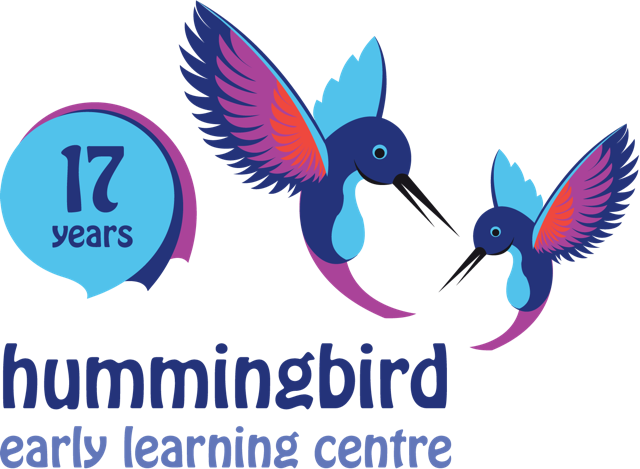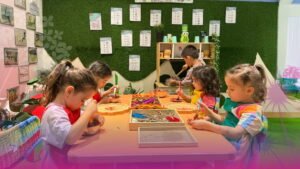The Importance of Reading Aloud to Children
Reading aloud to young children is one of the most powerful ways to support their development while creating meaningful connections. Between birth and age four, children experience rapid brain growth, shaping their emotional, social, and cognitive skills. Whether you’re a parent, caregiver, or educator, the simple act of reading aloud offers a wealth of benefits that can positively impact a child’s early years and future success.
Building Strong Language and Literacy Skills
The early years are critical for language development. When children hear books read aloud, they absorb the rhythm, sounds, and structure of language long before they can speak. This exposure lays the groundwork for future communication skills and literacy.
- Expanding Vocabulary: Hearing new words in context helps children understand meaning and usage, giving them a language advantage as they grow.
- Enhancing Comprehension: Repeated exposure to words and sentence structures builds their ability to understand and process language.
- Early Reading Readiness: Regular reading creates familiarity with letters, words, and storytelling patterns, preparing children for independent reading.
By the age of four, children who are consistently read to often have significantly larger vocabularies and better language comprehension than those who are not, giving them a head start in school and beyond.
Strengthening Emotional Bonds
Reading aloud is not just about education—it’s also about connection. Sitting together with a book fosters closeness and trust between children and their caregivers. This shared experience becomes a cherished routine, strengthening relationships through:
- Quality Time: The one-on-one attention reassures children that they are valued and loved.
- Emotional Growth: Books introduce characters and situations that help children understand and express their own emotions.
- Building Empathy: Reading about different experiences broadens a child’s perspective and nurtures kindness.
Boosting Cognitive Development
Beyond language skills, reading aloud stimulates brain development in ways that impact a child’s ability to think, learn, and problem-solve:
- Introducing Key Concepts: Books teach numbers, colors, shapes, and cause-and-effect relationships in an engaging way.
- Encouraging Imagination: Stories spark curiosity and creativity, inspiring children to ask questions and explore new ideas.
- Improving Attention Span: Following a story builds focus and concentration—valuable skills for school readiness and lifelong learning.
Fostering a Lifelong Love for Reading
Children who associate books with warmth and enjoyment are more likely to develop a lasting love for reading. This habit becomes a gateway to learning, imagination, and self-discovery.
- Creating Positive Associations: Reading should be a fun and engaging experience, reinforcing a child’s enthusiasm for books.
Encouraging Independent Reading: Exposure to books early on builds confidence and curiosity, motivating children to explore reading on their own.
Laying the Foundation for Academic Success: A love for reading translates into stronger literacy skills, better academic performance, and a lifelong pursuit of knowledge.
Tips for Reading Aloud to Young Children
- Make It a Daily Routine: Set aside time each day—such as before bedtime or during quiet moments—to establish a comforting reading habit.
- Be Expressive: Use different voices, tones, and facial expressions to bring the story to life and keep children engaged.
- Encourage Participation: Let children turn the pages, point to pictures, and predict what happens next to enhance their involvement.
- Choose Age-Appropriate Books: Opt for board books for babies, picture books with vibrant illustrations for toddlers, and simple stories with repetitive language for preschoolers.
- Embrace Repetition: Children love hearing the same stories over and over, as it reinforces learning and provides a sense of familiarity.















